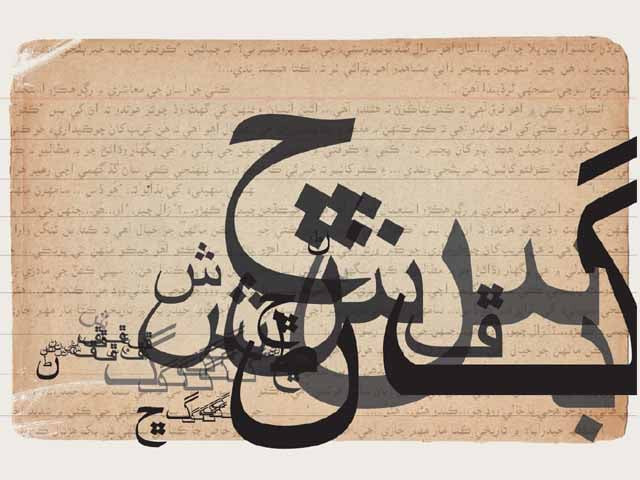Sindhi TV channel takes classes to where schools don’t exist but students do
Laat is the first educational programme of its kind to be aired on private television in Pakistan.

His parents could hardly object because he was actually studying, with the help of a one-hour programme that worked through the textbooks for grades IX and X. ‘Laat’ or the appropriately named show ‘Candlelight’ was the brainchild of the Sindhi-language Kawish Television Network (KTN). Its producers knew that the channel had the answer to far-flung and neglected villages in the province where schools did not exist but students did.
“There was despair and helplessness but I never felt discouraged by the lack of material resources,” said Abro. “I was steadily continuing my work.”
Laat is the first educational programme of its kind to be aired on private television in Pakistan.
The other effort in this area was taken up by Allama Iqbal Open University (AIOU) that ran educational TV shows on the state-run Pakistan Television for students enrolled in AIOU distance-learning programmes.
As a news channel, KTN already had the infrastructure in place and took advantage of its sister newspaper Kawish to reach and inform students about Laat. This is how Saqib found about the programme and he has been following the lectures since then. He says he particularly likes the Mathematics and Chemistry sessions and wants to become a doctor from the Larkana University of Medical Sciences. Laat has not just proven a boon for students whose schools were destroyed in the floods. Sonia Rani, a student of class X at Bahria Foundation College in Kandhiaro, was completely lost when her class teacher explained the chapter on logarithms. “I only understood it on Laat properly,” she told The Express Tribune. In fact, when she and her classmates sometimes miss a class, they say that they are able to follow the lectures on the same programme.
Laat is aired every Monday to Friday in five subjects —Chemistry, Biology, Physics, Mathematics and English. For the convenience of the targeted students, the Sindhi-speaking young people, the lectures are delivered in Sindhi as well as English and Urdu.
Many students are particularly attracted to the use technology. Laat does not use the traditional method of reading from a textbook with a teacher’s voiceover. Instead, teachers hold live lectures and use an active board — a touch-screen board linked to their monitor - which they can write on with a pen-mouse.
The programme also uses graphics and animation to explain certain concepts. And in order to make it interactive, students are given a number to which they can text message in their questions. The teacher then answers them in the next episode.
The programme now boasts viewership across Sindh in place such as Sukkur, Guddu, Kandiaro, Mirpurkhas, Kambhar, Shikarpur, Thatta, Warah, Larkana, Hyderabad, Shikarpur and Karachi. According to program coordinator Paaras Sattar, when they initially started they had not expected much response. But when the text messages started to come in, they realised that students were watching. She said that they have even received prank questions from certain students. One of them asked: “How many marks did Quaid-e-Azam get in Pakistan Studies”. “At least it got them thinking,” she laughed.
Laat is not only hoping to promote education in rural parts of Sindh but also aspires to help girls who are not allowed to go to school or who cannot afford it. “From the response I can say we have achieved all of these goals,” Sattar said.
And not just students have noticed Laat. Teacher Ali Akber Sheikh, who is himself an MA student at the Shah Abdul Latif University, was pleasantly surprised by the results. “Their teaching methodology is very good and the questions and multiple-choice question format really prompts critical thinking,” he said.
KTN CEO Ali Qazi told The Express Tribune that they not only wanted to reach out to children but also wanted to put pressure on school teachers to do a better job. He is, however, disappointed by the lack of government sponsorship for the effort, essentially a state’s responsibility. “Given that we are the only channel airing a programme on education, there has been hardly any support or appreciation so far,” he said. “We have zero sponsors.” Perhaps he needs to take a page out of Abro’s book: slow and steady wins the race.
Published in The Express Tribune, December 28th, 2010.



















COMMENTS
Comments are moderated and generally will be posted if they are on-topic and not abusive.
For more information, please see our Comments FAQ